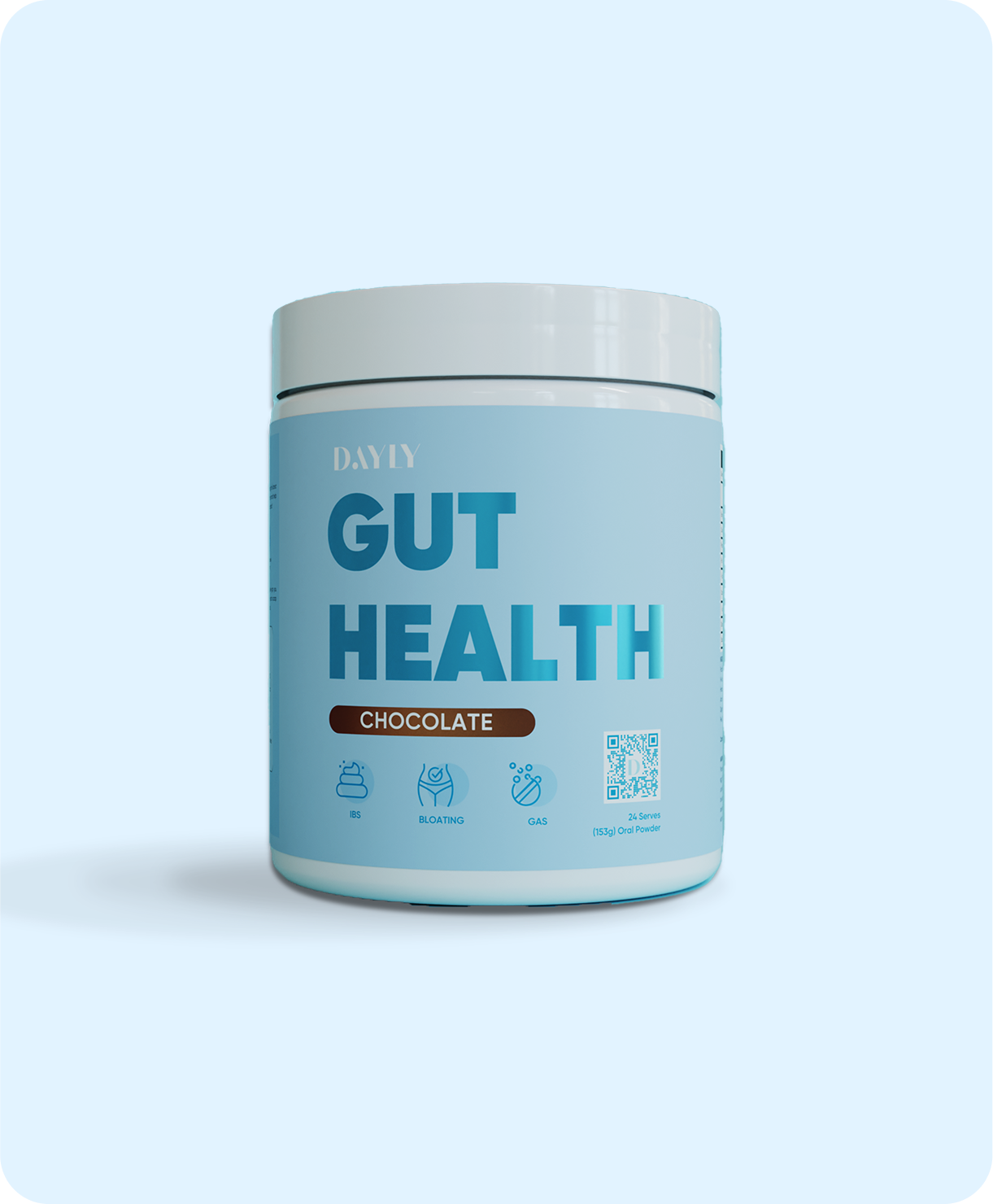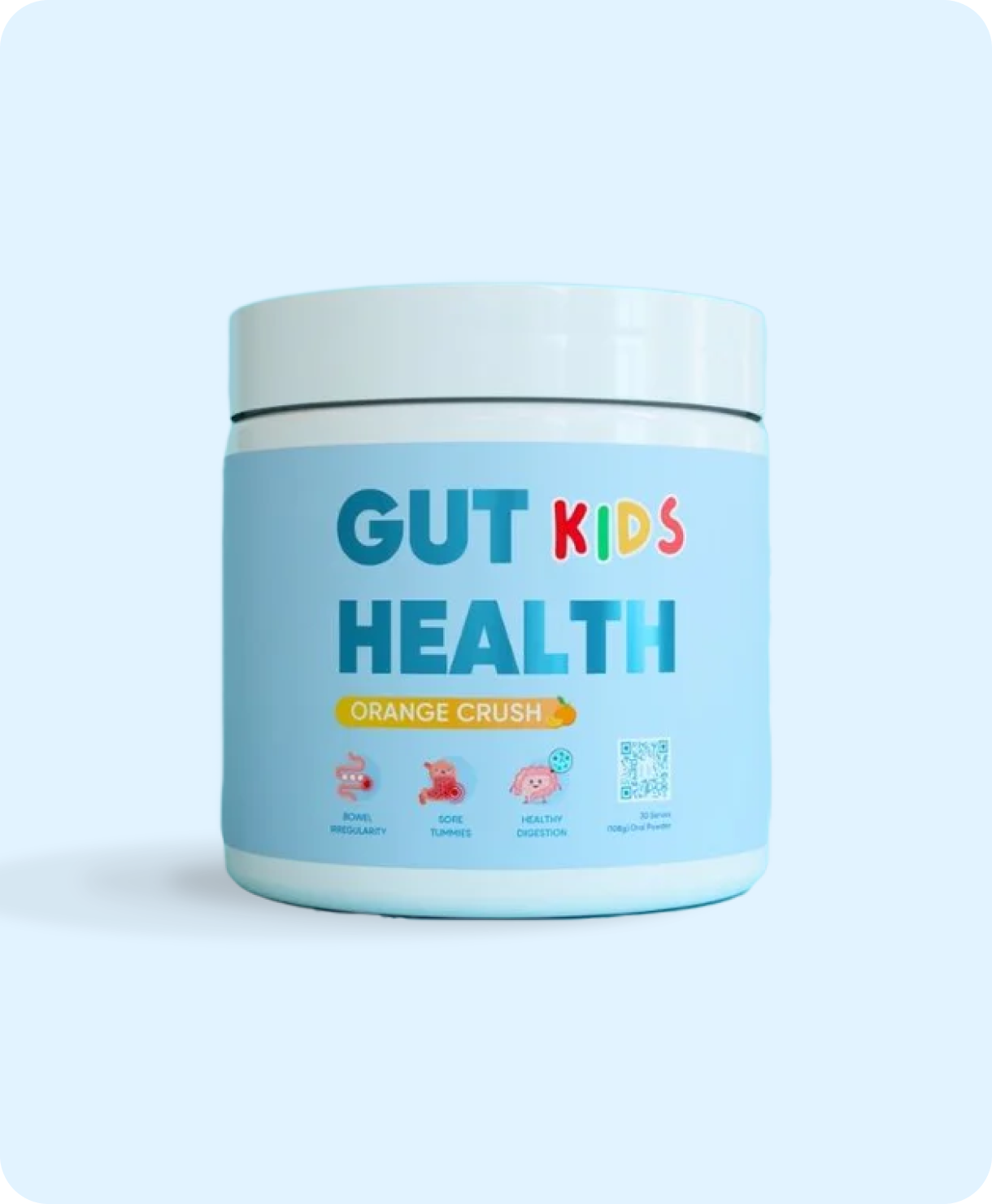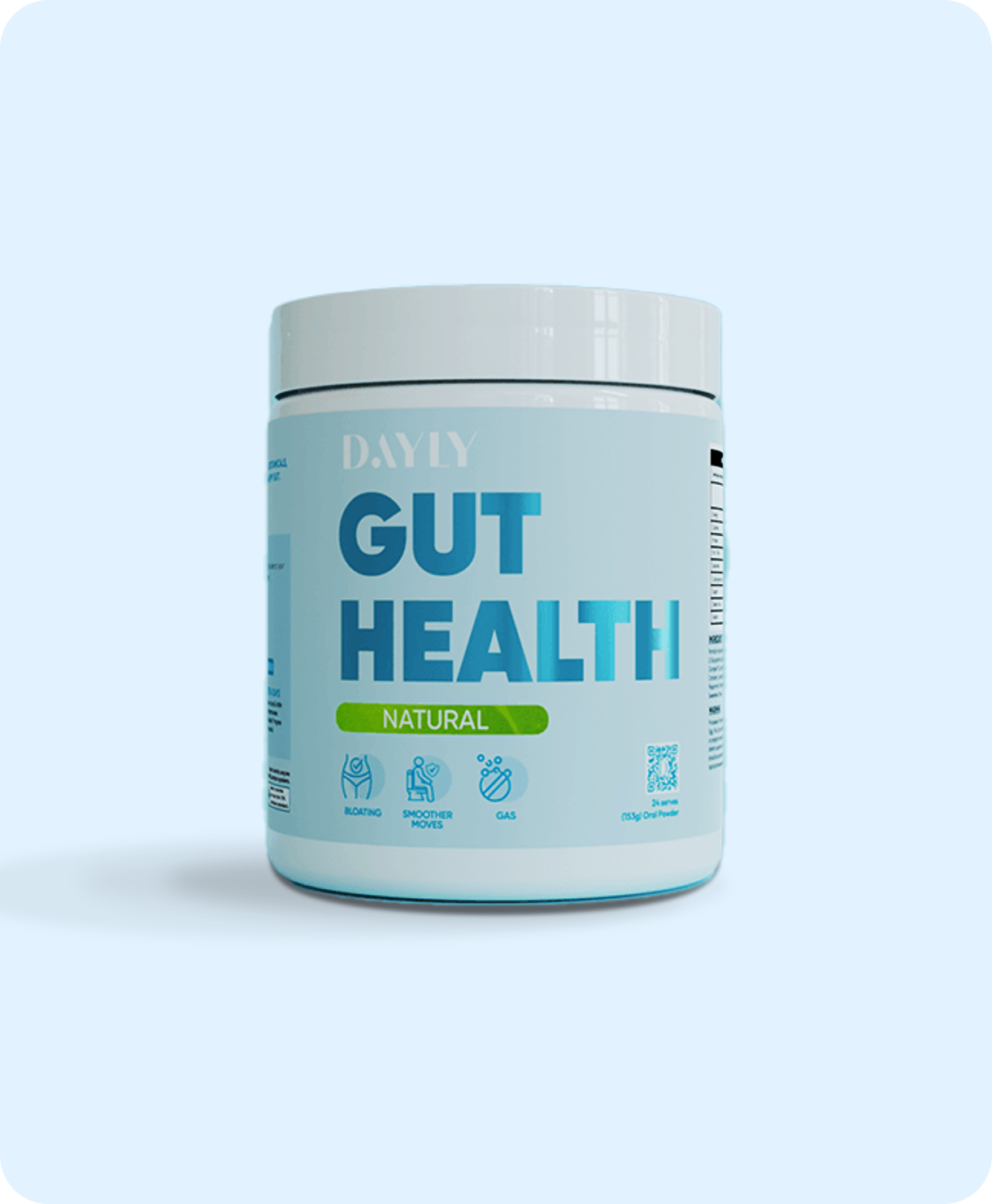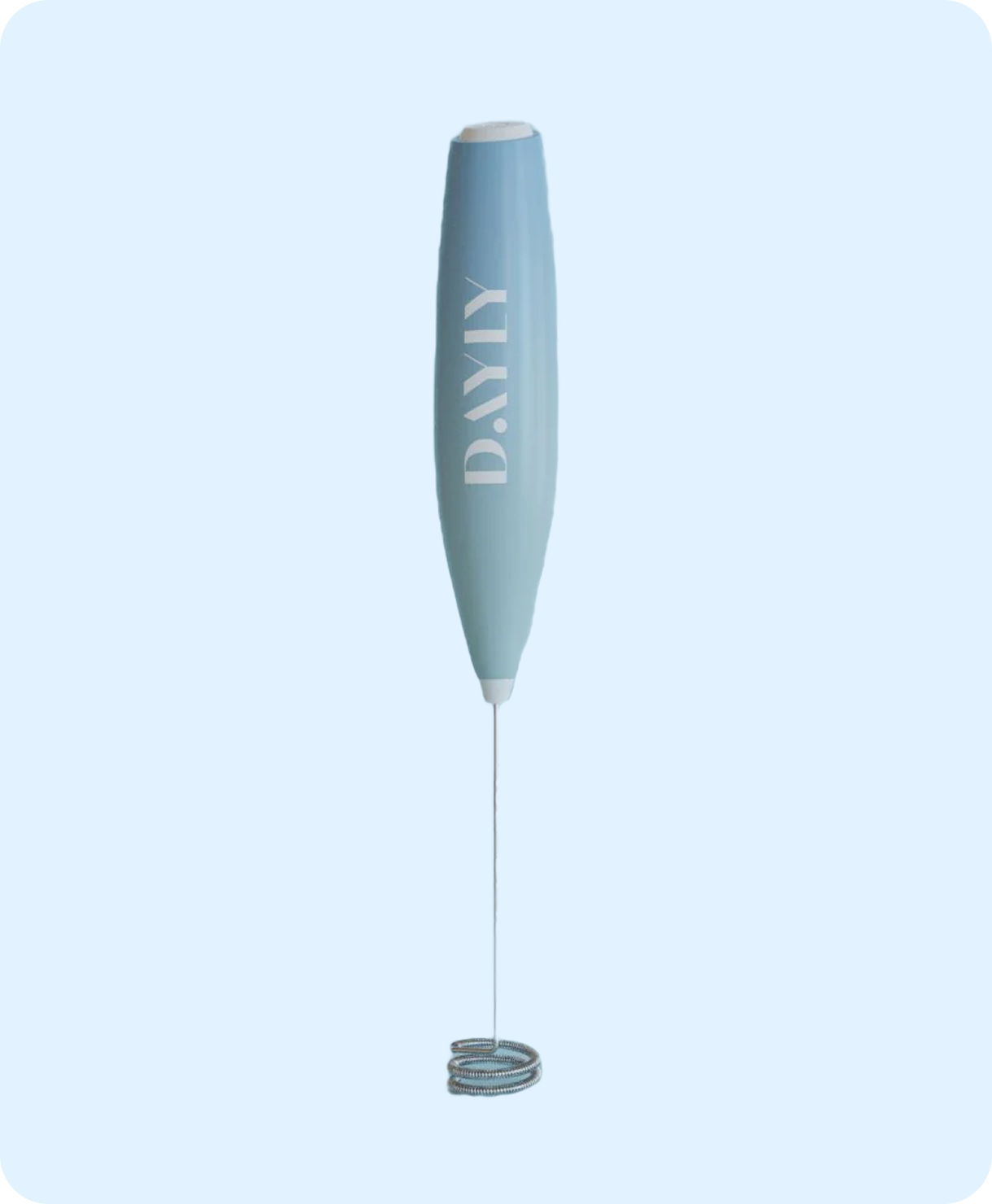Your cart is empty.
Beat the Bloat
Check Out Related Posts!
Written by Dayne De La Zuchi
Published on August 06, 2024

Have you ever had a “gut feeling” about something or experienced butterflies in your stomach before a big event? These common expressions hint at a fascinating connection between our gut and brain, often referred to as the gut-brain axis. This intricate link is not just about digestion but also plays a crucial role in our mental health. Let’s dive into how you can enhance this connection through diet and lifestyle choices, backed by scientific studies.

The gut-brain axis is a complex communication network that links your gut and brain. It involves bidirectional signalling between the central and enteric nervous systems, including endocrine, immune, and neural pathways. This means that your gut health can influence your brain and vice versa.
Don't Just Deal With Bloating, Fix It.
1. Probiotics and Fermented Foods
Probiotics are live bacteria that provide numerous health benefits when consumed. They are found in fermented foods like yogurt, kefir, sauerkraut, and kimchi. Studies show that probiotics can help reduce symptoms of depression and anxiety by balancing gut bacteria.
2. Prebiotic-Rich Foods
Prebiotics are non-digestible fibres that feed beneficial gut bacteria. Foods like bananas, garlic, onions, and asparagus are great sources of prebiotics. Including these in your diet can improve gut health and enhance the gut-brain connection.

3. Omega-3 Fatty Acids
Omega-3s, found in fatty fish, flaxseeds, and walnuts, are known for their anti-inflammatory properties. They also play a significant role in brain health and have been shown to alleviate symptoms of depression.
4. Whole Grains
Whole grains like oats, quinoa, and brown rice are rich in fiber and nutrients that support gut health. They help maintain stable blood sugar levels, which is crucial for mood regulation.

1. Regular Exercise
Exercise has profound effects on both gut and brain health. It promotes the growth of beneficial gut bacteria and releases endorphins, which are natural mood lifters.
2. Stress Management
Chronic stress can disrupt the balance of gut bacteria and negatively impact mental health. Practices like meditation, deep breathing, and yoga can help manage stress levels.
3. Adequate Sleep
Sleep is essential for overall health, including gut and brain function. Poor sleep can disrupt gut microbiota and impair cognitive function.
4. Stay Hydrated
Hydration is crucial for maintaining the mucosal lining of the intestines and ensuring the balance of good bacteria in the gut. Drinking plenty of water supports digestive health and overall well-being.

The connection between your gut and brain is more profound than you might have imagined. By incorporating probiotics, prebiotics, omega-3 fatty acids, whole grains, regular exercise, stress management, adequate sleep, and hydration into your routine, you can significantly improve both your gut and mental health. These small changes can make a big difference in how you feel, both physically and emotionally.
Taking care of your gut is taking care of your brain. So, start making these changes today and enjoy a happier, healthier life!
DAYLY Gut Health
4-in-1 IBS, Bloating & Digestive Support
Targets the Root Cause of SIBO & IBS
Clinically Studied Ingredients
Recommended by Pharmacists
Delicious Taste
✔️ 90-Day Money-Back Guarantee
Beat the Bloat
Try DAYLY's 4-in-1 Gut Powder for IBS, Bloating & Digestive support
Check Out Related Posts!
Your cart is empty.

DAYLY Gut Health Chocolate

DAYLY Gut Health Kids Chocolate

DAYLY Gut Health Kids Orange Crush

DAYLY Gut Health Natural

DAYLY Whisk

Coupon code will work on checkout page